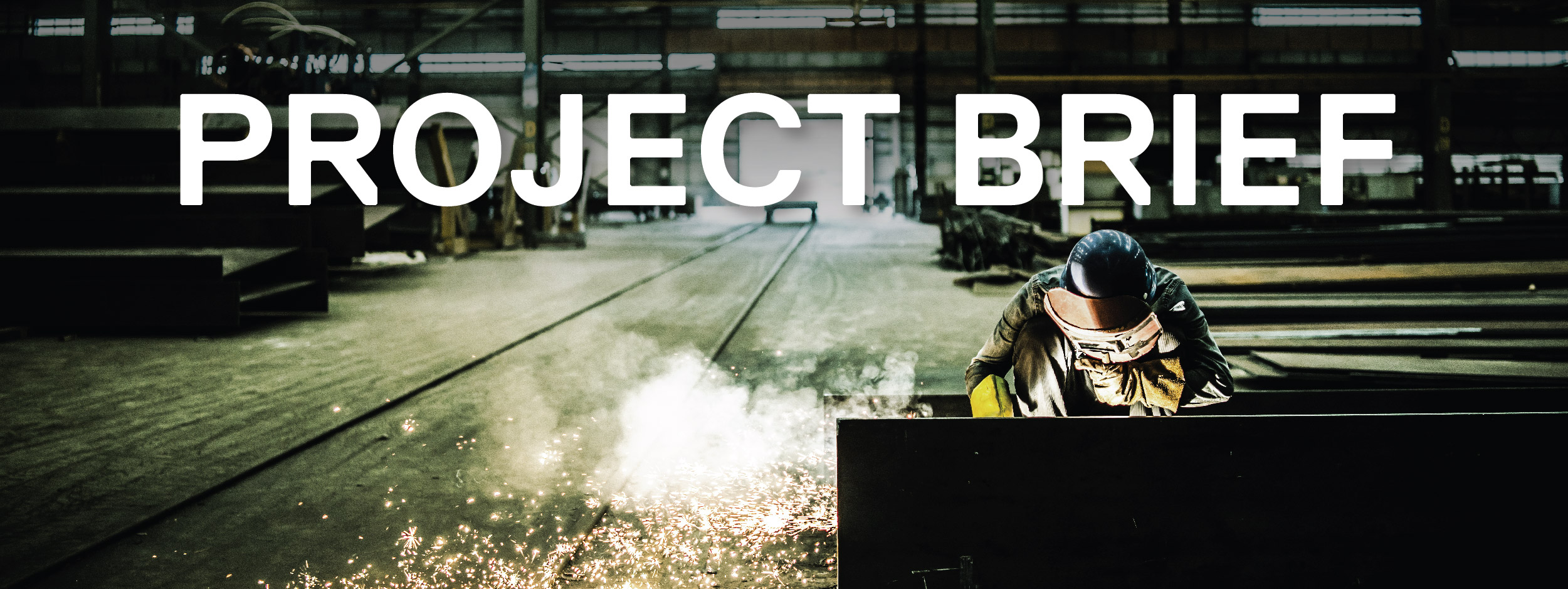Navigating the Canadian labour market (NAVCAN)

Precarity, opportunity, and adaptation: Recently arrived immigrant and refugee experiences navigating the Canadian labour market

This qualitative research examines the employment-related needs, experiences, and aspirations of newcomers through a case study of newcomer migrants and refugees in the Greater Toronto Area. The research employs a biographical ethnographic approach to examine how individual migrants navigate labour market policies and settlement dynamics during their initial years in Canada. Through the lens of migrant agency, the research examined the nuances of personal experiences and life events as they interplay with actors, policies, and practices in relation to economic settlement in Canada.

- What are the employment-related needs, experiences and aspirations of recently arrived migrants and refugees, as seen from their perspective?
- How do migrants and refugees navigate the Canadian labour market during their initial years in Canada? How do they make sense of ‘turning points’ in this process and how do they dynamically adapt?

Canada relies on immigrants as key drivers of the country’s population and economic growth. Recognizing this benefit, the federal government has projected increasing admission levels to reach 421,000 new permanent immigrants per year by 2023. Yet beyond the numbers, and despite clear advantages of a smooth transition into the Canadian labour force, many migrants and refugees experience a multitude of barriers that impede their earnings and pathways to sustainable livelihoods.
Through the methodology of narrative biographic interviews, the study engaged in micro-level analysis of the individual characteristics and experiences of migrants, resettled refugees, and refugee claimants as they navigate the labour market during their initial years in Canada. This research adopts the perspective that economic settlement is a dynamic process mediated by not only policy but also the individual choices and experiences of newcomers. The project investigates the actual and perceived ‘turning points’ in the newcomer’s labour market trajectory and how they navigated those, with a view of settling in their new lives. Using a biographical narrative approach, the project relates the individual lived experiences with the relevant policies and assesses the role of intermediate actors such as labour consultants, settlement organisations, employers, family members or friends.

This study employs the narrative ethnographic method which focuses on people’s life experiences and stories. Narrative research sits at the micro level of analysis, seeking to understand the ways in which individuals observe and recount experiences and events in their own life which are then drawn out within the broader political, social, and economic contexts.

Research was conducted over 2020/2021. The following book chapter was produced based on the research results:
Ellis, C., & Triandafyllidou, A. (2023). Precarity, Opportunity, and Adaptation: Recently Arrived Immigrant and Refugee Experiences Navigating the Canadian Labour Market (external link, opens in new window) . Immigrant and Asylum Seekers Labour Market Integration upon Arrival: NowHereLand, 101.

CERC Migration

Ellis and Triandafyllidou have worked in collaboration with the Horizon2020 EU-funded research project SIRIUS (external link) consortium. SIRIUS is a comparative research project covering seven European countries (the Czech Republic, Denmark, Finland, Greece, Italy, Switzerland, the UK (Scotland)) examining the labour market settlement of migrants and refugees.

labour market settlement, agency, adaptation, deskilling, narrative biographic, labour mobility, COVID19
